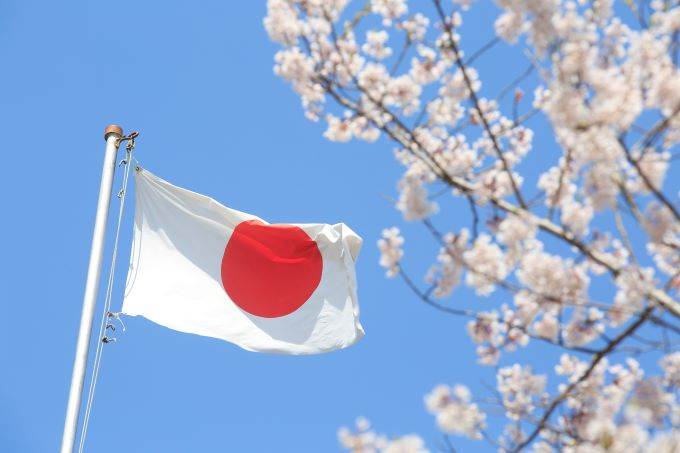Last week, the Japanese Yen went up against the US dollar, gaining 0.56 percent and closing the week on the positive territory, at the 0.935400 level.
There wasn't a lot of relevant data in terms of impact on the economic calendar last week. On Monday, May's Overall Household Spending figure was released, falling down by 16.2 percent after falling 11.1 percent on the previous month. June's Foreign-exchange reserves went up to $1383.2 billion, after being at $1378.2 billion on the previous month. The Ministry of Health, Labour, and Welfare released its Labor cash earnings figure for May, which dropped by 2.1 percent (year-to-year) after falling 0.7 percent in April.
 On Tuesday the Cabinet Office’s Leading Economic Index, which shows the performance of the Japanese economy in the short and mid-term, was released. The index stood at 79.3 in May after being at 77.7 on the previous month, which signals a better performance of the Japanese economy. The Ministry of Finance's current account surplus for May went down by 27.9 percent (year-to-year). Lending went up by 6.2 percent in June (year-to-year), after rising 4.8 percent in May, while the trade balance stood at -556.8 billion yen in May after being at -966.5 billion yen in April.
On Tuesday the Cabinet Office’s Leading Economic Index, which shows the performance of the Japanese economy in the short and mid-term, was released. The index stood at 79.3 in May after being at 77.7 on the previous month, which signals a better performance of the Japanese economy. The Ministry of Finance's current account surplus for May went down by 27.9 percent (year-to-year). Lending went up by 6.2 percent in June (year-to-year), after rising 4.8 percent in May, while the trade balance stood at -556.8 billion yen in May after being at -966.5 billion yen in April.
The machinery orders figure was released on Wednesday. The figure climbed by 1.7 percent in May (month-to-month), after falling by 12 percent in April. The yearly figure went down by 16.3 percent after falling 17.7 percent on the previous month.
On Thursday, June's Producer Price Index was published. The figure went up by 0.6 percent (month-to-month) after dropping 0.5 percent in May. The yearly figure went down by 1.6 percent after climbing 2.8 percent in May.
It seems that the fact that the coronavirus outbreak is advancing and even resurging in some places in the western world has more to do with the Yen performance than regular fundamental data. At the moment there are around 12,856,236 confirmed cases around the world as well as a death toll of 567,913. The United States leads in the number of infections, followed by Brazil, with 1,840,812 confirmed cases and a death toll of 71,492, and India, with 850,827 confirmed infected individuals and a death toll of 22,696.
This fact subdued the optimism that used to dominate the financial markets as of lately, favoring financial assets that traders and investors perceive as safer compared to others. The Japanese Yen, together with Gold and other “safe assets”, were favored last week as traders rushed towards them, in light of the increasing uncertainty regarding the future of the economy.
In Japan itself there are about 21,129 confirmed coronavirus cases, as well as a death toll of 982. On Sunday Tokyo reported 206 new cases, being the fourth consecutive day reporting more than 200 cases. This caused fears for the second wave of infections, though the upward trend began sometime after the Japanese government decided to lift the state of emergency, towards the end of May.
The Bank of Japan is set to hold a two-day monetary policy meeting on Wednesday. Last time the bank decided to keep the interest rates on hold, at -0.10 percent. The bank's Governor Haruhiko Kuroda signaled that the interest rates will keep at that level at least until 2023, adding that the coronavirus outbreak may have a longer than expected impact on the performance of the Japanese economy. The institution has also been expanding its asset purchasing program, pledging to buy as many government bonds as it's needed to aid the economy's performance.
The Bank's governing body has signaled in the past that cutting the cash rates further is still an option, though many doubt this possibility will ever materialize, especially considering that the Japanese banking system may not be able to deal with another cut. Most analysts expect the bank to keep its stance unchanged at the next meeting.
